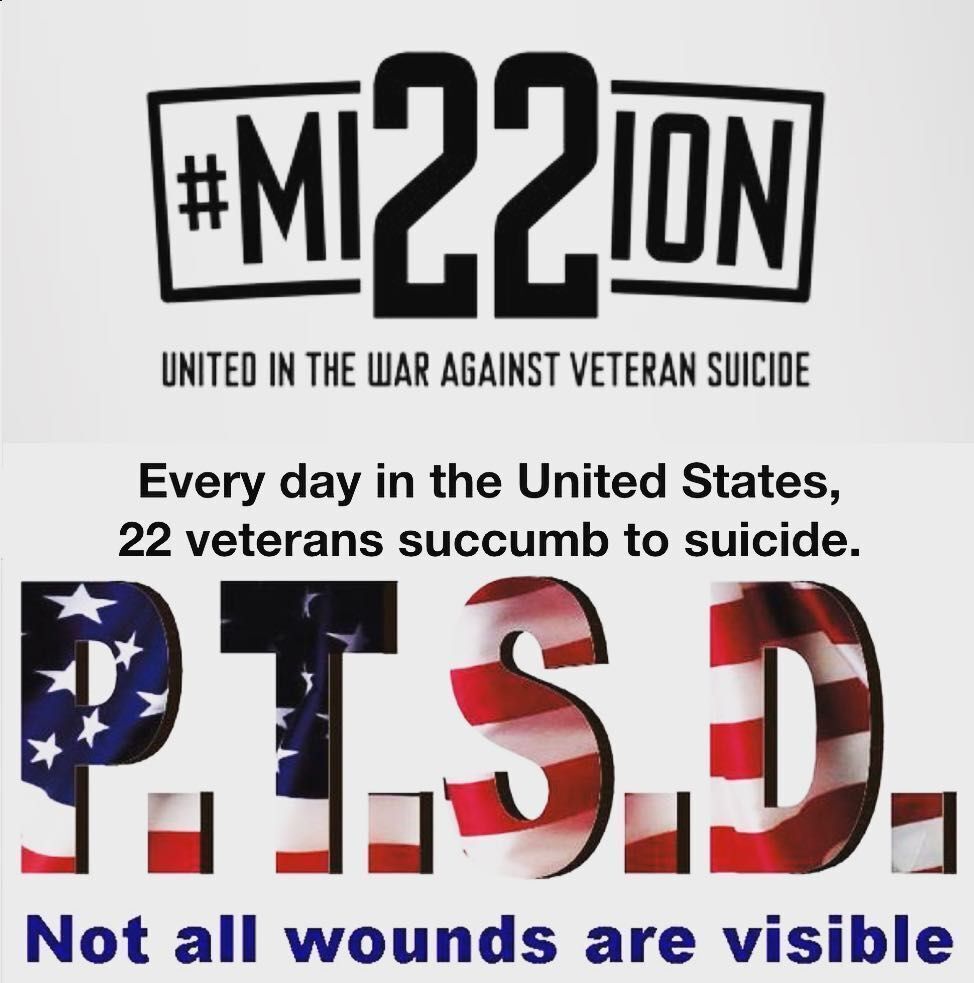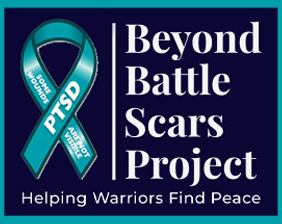
Every day, approximately 22 U.S. veterans lose their lives to suicide—a profoundly troubling statistic that has become central to discussions around veteran mental health. However, many researchers and mental health professionals believe this widely cited figure may underestimate the true extent of veteran suicides.
The "22-a-day" statistic originated from a study conducted by the Department of Veterans Affairs (VA). While it has successfully brought attention to the crisis, there are critical reasons to believe the actual numbers could be significantly higher:
- Underreporting and Misclassification: Suicides are frequently underreported or misclassified, especially when the cause of death can be ambiguous. Deaths from drug overdoses or single-vehicle accidents, for instance, may not be officially recorded as suicides without explicit evidence, such as a note or prior indication of suicidal intent.
- Inconsistent and Incomplete Data Collection: Reporting practices for suicides vary widely across different states and jurisdictions. Some rural or less-resourced regions lack standardized protocols or adequate infrastructure to accurately track and report veteran suicide rates, leading to incomplete or inconsistent data.
- Excluded Veteran Populations: The official statistics often do not fully account for veterans who served in the National Guard or Reserve components, or those veterans not enrolled in VA healthcare programs. Consequently, suicides among these subgroups frequently remain invisible in national reporting systems, potentially creating a significant gap in understanding the scope of the issue.
- Stigma and Reluctance to Seek Help: The persistent stigma associated with mental health in military and veteran communities may lead individuals to conceal their struggles or avoid seeking help. This silence and secrecy make it difficult to accurately measure the prevalence of mental health conditions and suicidal ideation among veterans.
Acknowledging that the "22 a day" statistic might be conservative underscores the urgent need for more precise data collection methods, expanded outreach, and improved mental health support services targeted toward all veterans. Addressing these issues requires systemic changes aimed at enhancing reporting accuracy, increasing access to care, and dismantling mental health stigma.
Common Resources for Veterans and Family Members
- Veterans Crisis Line: veteranscrisisline.net
- U.S. Department of Veterans Affairs Mental Health Services: mentalhealth.va.gov
- National Suicide Prevention Lifeline: 988lifeline.org
- Vet Centers (Community-based counseling): vetcenter.va.gov
- Wounded Warrior Project: woundedwarriorproject.org
- Mission 22 (Veteran suicide prevention): mission22.com
- Cohen Veterans Network (Mental health clinics): cohenveteransnetwork.org
If you or a veteran you know is experiencing suicidal thoughts, please reach out immediately to the Veterans Crisis Line by calling 988 and pressing 1, or by texting 838255 for confidential assistance.
Awareness alone is insufficient—we must commit to obtaining accurate data, advocating for comprehensive support systems, and ensuring veterans receive the recognition, care, and respect they deserve.
